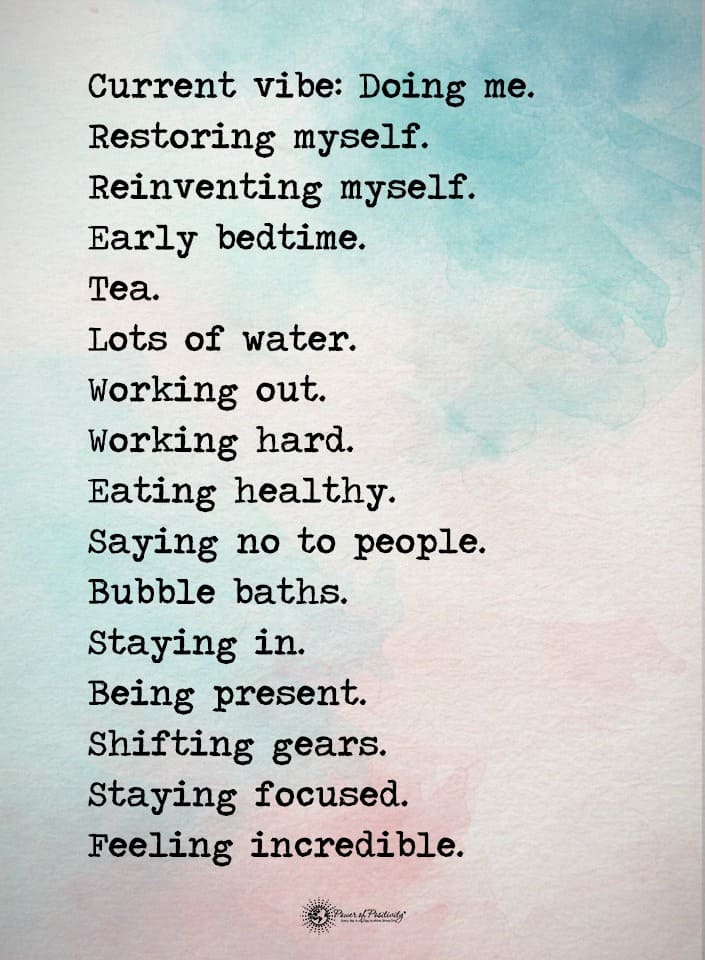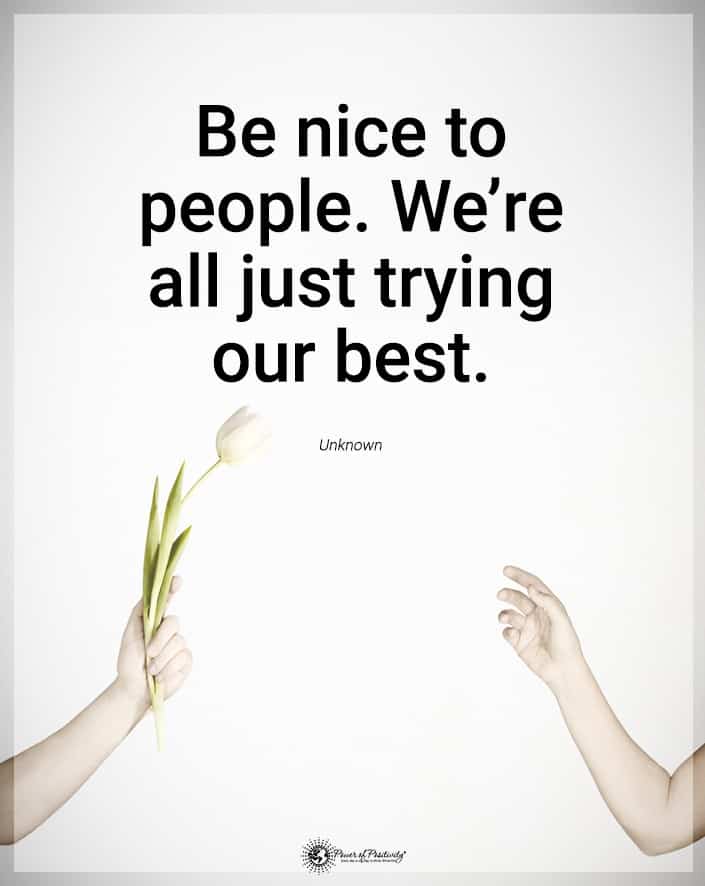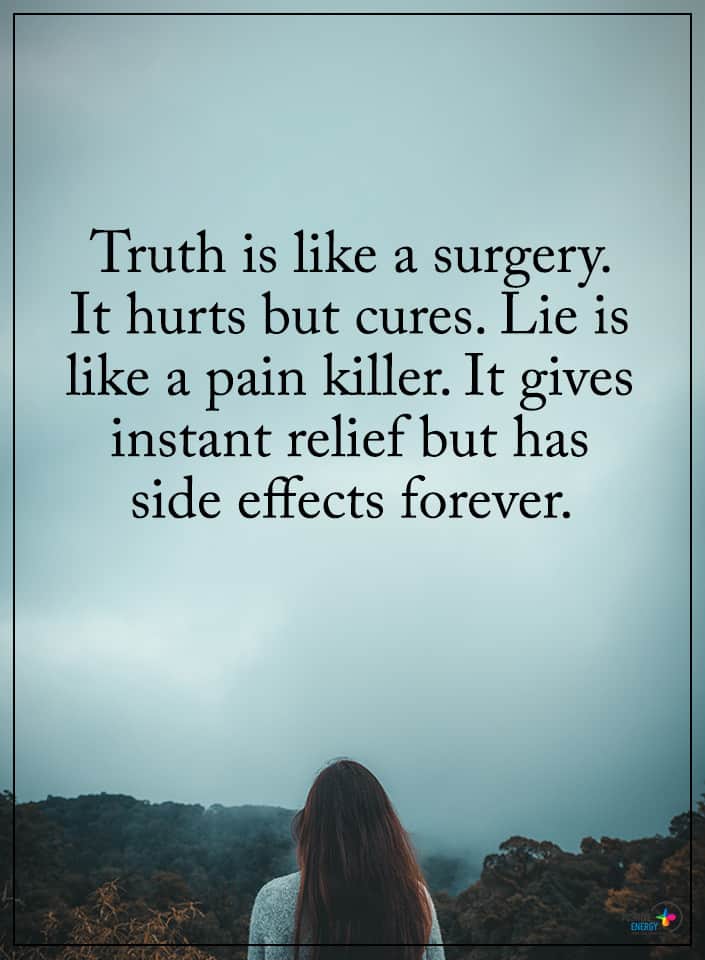Researchers from the University of Copenhagen reveal the gene that determines blue eyes. The team found that a genetic mutation occurred 6-10,000 years ago in modern-day Europe. All blue-eyed humans today have this common genetic ancestor.
“Originally, we all had brown eyes,” said Professor Hans Eiberg from the Department of Cellular and Molecular Medicine. “But a genetic mutation affecting the OCA2 gene in our chromosomes resulted in the creation of a “switch,” which literally “turned off” the ability to produce brown eyes.”
The OCA2 gene codes for the P protein, which helps produce melanin, the pigment that gives our hair, skin, and eyes their color. Researchers found that the “switch” occurs in a gene adjacent to OCA2; however, it doesn’t completely turn off the gene. Instead, it lowers melanin production in the iris, which results in blue eyes instead of brown.
The team added that if the OCA2 gene had been eradicated, human beings would have no pigment in their hair, eyes, and skin. This condition is known as albinism, which affects about 1 in 18-20,000 people in the US. Globally, genetics experts believe that albinism occurs in nearly 1 in 3,000 people.
Humans With Blue Eyes Have Less Melanin
Researchers found that melanin levels in the iris cause variation from brown to green eyes. However, humans with blue eyes only have a slight variation in melanin in their irises.
“From this, we can conclude that all blue-eyed individuals are linked to the same ancestor,” says Professor Eiberg. “They have all inherited the same switch at exactly the same spot in their DNA.” On the other hand, brown-eyed individuals have significant individual variations in the parts of their DNA that govern melanin creation.
Professor Eiberg and his colleagues studied mitochondrial DNA. Then, they compared the eye color of blue-eyed individuals from Jordan, Denmark, and Turkey. Eiberg first began his genetic research in 1996, when he discovered that the OCA2 gene determines eye color. Now, he and his team have pinpointed the specific genetic mutation which produces blue eyes.
This genetic mutation that causes blue eyes is neither beneficial nor detrimental to human survival. It’s simply one of many mutations such as hair color, freckles, or beauty marks, all of which contribute to the incredible diversity in humans.
As Professor Eiberg says, “it simply shows that nature is constantly shuffling the human genome, creating a genetic cocktail of human chromosomes and trying out different changes as it does so.”
The findings have been published in the journal Human Genetics.
How Many People Have Blue Eyes?
- Around twice as many people in America have brown eyes as blue eyes. However, at the beginning of the 20th century, blue-eyed Americans made up nearly half of the population.
- Globally, about 9% of people have blue eyes, making it one of the rarest eye colors in the world. Green eyes are the rarest of the most common eye colors, making up only 2% of the global population.
- Blue eyes are still the most common eye color in Europe. In the United Kingdom and Ireland, over 50% of citizens have blue eyes. That number jumps from 80% to 90% in Finland and Sweden.
Interesting Facts About This Eye Color
- Having this eye color at birth doesn’t mean you’ll have them for life. Humans don’t have much melanin at birth, which explains why so many blue-eyed babies develop hazel or brown eyes. Blue eyes may turn darker in a few months or years after birth as their melanin levels increase.
- People with blue eyes have a higher risk of certain eye conditions. Melanin seems to protect the eyes from damage caused by UV radiation and visible blue light from the sun. Since blue eyes naturally have less melanin than brown or green eyes, they’re more vulnerable to damage. Research shows that people with blue eyes have a higher likelihood of developing eye cancer and cataracts. However, their risk of age-related macular degeneration is not higher than those with darker eyes.
- Unfortunately, studies have also found a link between people with blue eyes and alcoholism. A study of 1,200 people of European ancestry found that those with lighter-colored eyes had a higher incidence of alcohol dependency. However, more studies are necessary to determine the genetic association.
- Blue-eyed people may have a higher pain tolerance. One study by the University of Pittsburgh found that pregnant women with blue or green eyes experienced less pain during birth than those with darker eyes.
- People with blue eyes may have an advantage in academic achievement. American scientists found that blue-eyed people performed better on activities that required strategic thinking and self-pacing. They indicated such activities as studying for an exam, playing golf, or running cross-country. However, their findings haven’t been confirmed and are just observations currently.
Final Thoughts on the One Gene that Causes Blue Eyes
Interestingly, there’s more to our eye color than meets the eye. The genes that determine eye color may also play a role in our susceptibility to disease, personality, and achievements in life. Of course, many other factors influence our lives, so taking these studies with a grain of salt is essential. However, a genetic mutation occurring thousands of years ago resulted in the blue-eyed humans we see today.
University of Copenhagen researchers have determined that a genetic mutation affecting the OCA2 gene causes blue eyes. This mutation occurred in ancient Europe 6-10,000 years ago, and people born today also carry that gene. People with this eye color have less melanin than their brown-eyed counterparts, resulting in lighter eyes, hair, and skin.
While you wouldn’t think eye color determines much about your life, it may play a minor role. Studies have shown that blue-eyed people have a higher pain tolerance. If you have blue eyes, perhaps you notice these traits in yourself. Even if not, you still make up only 9% of the world’s population. So you are, indeed, a rare breed in modern times.
















